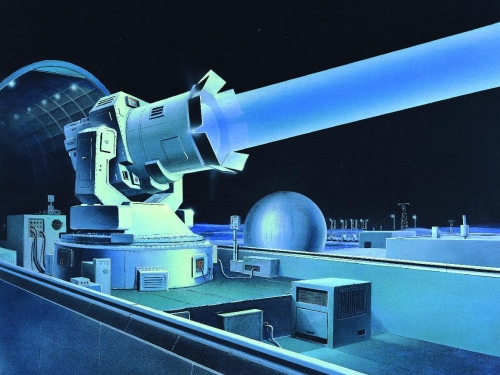
This article was originally published by War on the Rocks on 14 April, 2015.
Advocates have long argued that directed energy weapons — including high energy lasers, high power microwaves, and other radiofrequency technologies — may carry substantial operational advantages for U.S. forces. None other than Deputy Secretary of Defense Robert Work has called high energy lasers an example of the “fantastic, potentially game changing new technologies that we can more quickly get into the force,” and one candidate for the new “offset” strategy pursued by the Department of Defense. In principle, directed energy weapons can provide offensive and defensive non-kinetic attack options, serve as cost-effective force multipliers, and provide operational flexibility to the warfighter.
In parallel, skeptics point to a lengthy track record of overhyped promises and system underperformance. They note that the large-scale, high-profile developments of the 1980s, 1990s, and 2000s — programs such as the airborne, ground-based, or space-based lasers — were not only costly but ultimately failed to transition into the U.S. arsenal. They often argue that technically credible, operationally usable, and policy friendly directed energy weapons have been more the province of science fiction than reality.
